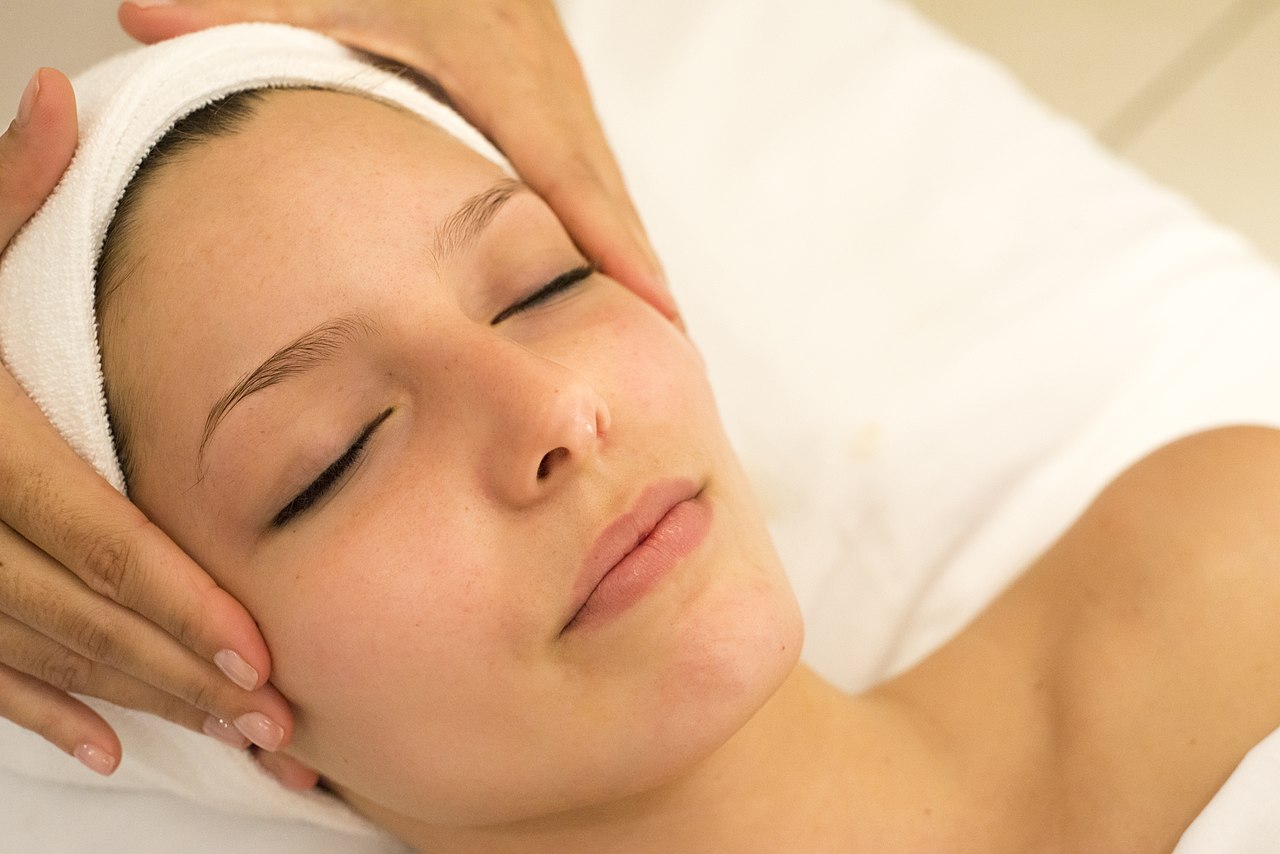
Thousands of Chinese mainlanders are caught up in the beauty fever of wanting to alter their looks, making the industry of cosmetic surgery one of the fastest growing markets. Both suppliers of beauty products and the hospitals are steeped in intense competition to attract the highest number of customers
Although the makers of dermal fillers and hospitals are hiking the marketing costs, the competition of market share is increasing between major and smaller players, resulting in lower prices due to the fierce price war. The natural outcome of the struggling interests is falling profitability. In a report by Esther Wen and Zhijie Zhao, the two analysts from HSBC indicated that in China, plastic surgery was now more accepted socially due to the desire for physical appeal and beauty. The cosmetic surgery industry had become a leading business.
Increased Customer Demand
All over the world, as evidenced by several online positive reviews and opinions by experts like Cosmos Clinic reviews, there are more male clients joining the beauty bandwagon of transforming the way they look. By using noninvasive procedures such as Botox and injections by dermal fillers, the male customers also aspire to look prettier.
The number of men going for the procedures in China rose by 4 percent in 2016 which accounted for 21 percent of those who went for beauty treatments. An app for a plastic surgery known as Gengmei with over 15 million users in major cities in China published a Whitepaper that revealed the findings. It also showed a marked rise of 31 to 39 percent share increase from the whole population of clients aged above 25 and below 35.
Intense Price Competitions
Negative perceptions about the plastic surgery being the preoccupation of movie stars and women are quickly changing. Demographic changes in customer demand make such stereotyping a thing of the past.
Wen and Zhao expressed their confidence in the positive growth because in China people averagely spend twice more on beauty products than the rest of the world. According to HSBC, the plastic surgery industry in China will expand to strike the 800 billion yuan mark in 2019. This will more than double the size of the market to make it the third largest worldwide after the US and Japan.
Industry Challenges
Although many industry players are upbeat about the growth prospects and the vigorous expansion, there are various challenges that the industry still faces. One of the persistent challenges is the emergence of newcomers who bring along stiff price wars. Almost 75 percent of cosmetic surgery practices in China are privately owned, and no single group can claim more than 5 percent share.
According to the analysis by HSBC, It is such proliferations and competitiveness in the market that gives the customers more bargaining powers. One of the most popular forms of surgeries using Hyaluronic injections or HA yields low profits due to their low barrier to entry. It is attractive for many patients because it leaves no cuts and it takes just one to two hours. At the same time, it has a quicker recovery period.
The industry’s profitability is, therefore, subjected to a lot of pressure by price wars and cutthroat competitions between surgery facilities and the upfront manufacturers and suppliers of dermal filler products. A survey by HSBC shows that all the foreign and domestic producers of HA dermal fillers are actively cutting down their prices by giving discounts ranging between 20 and 60 percent.
The three leading privately owned cosmetic surgery hospitals known as Lidu, Rogen, and Huahan registered falling net profit margins in the early part of 2016. The estimates by HSBC indicate that many hospitals had average net margins of less than 10 percent. The worst case scenario is the number of small players who are fighting just to break even.























 More news and opinions than at a Shabbat dinner, right in your inbox.
More news and opinions than at a Shabbat dinner, right in your inbox.